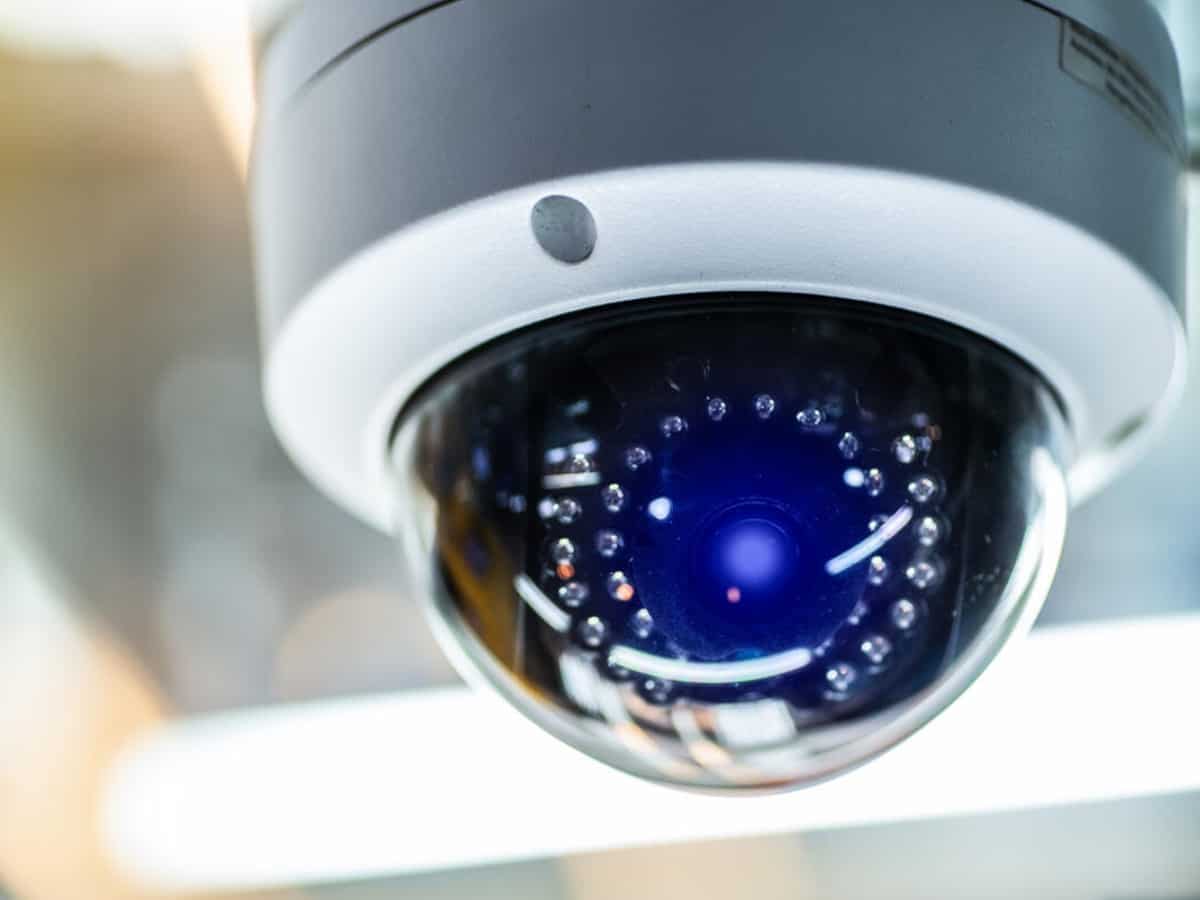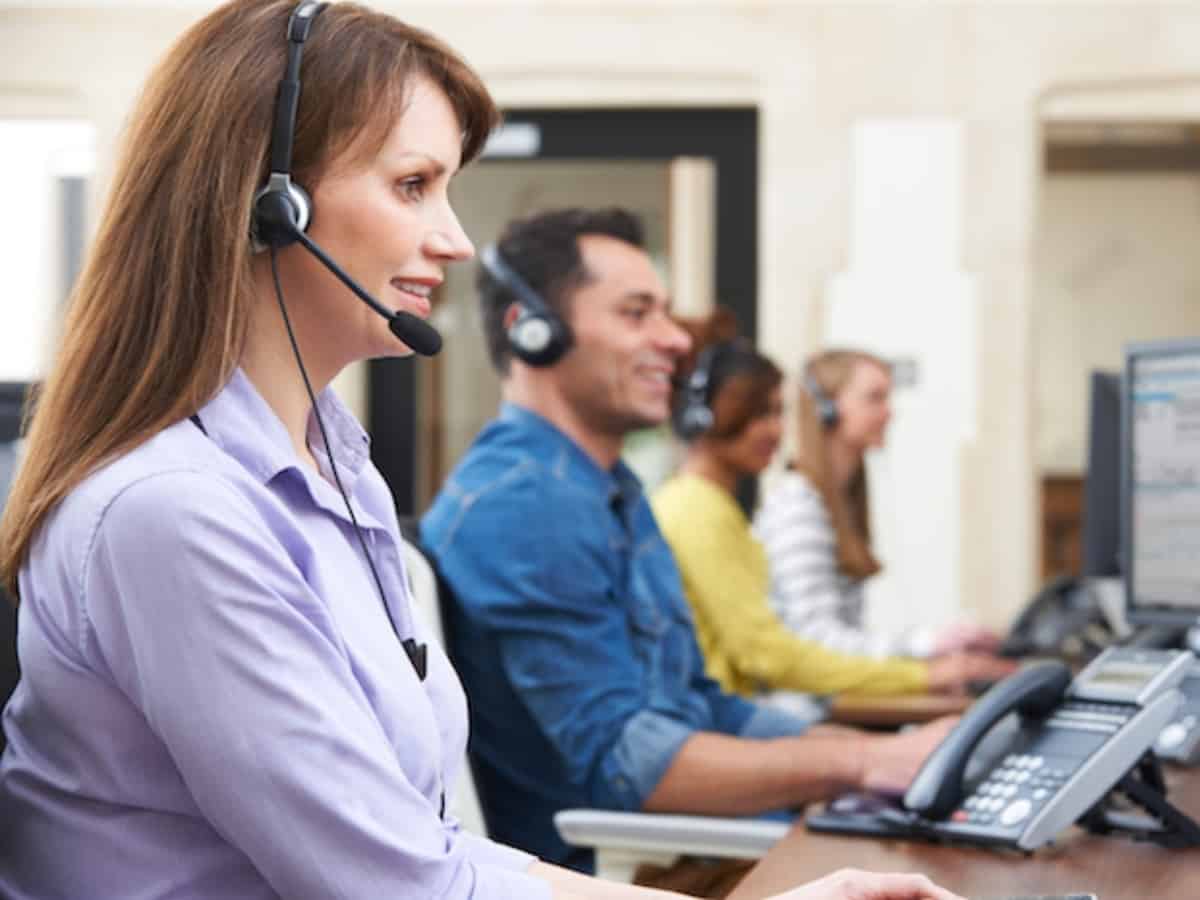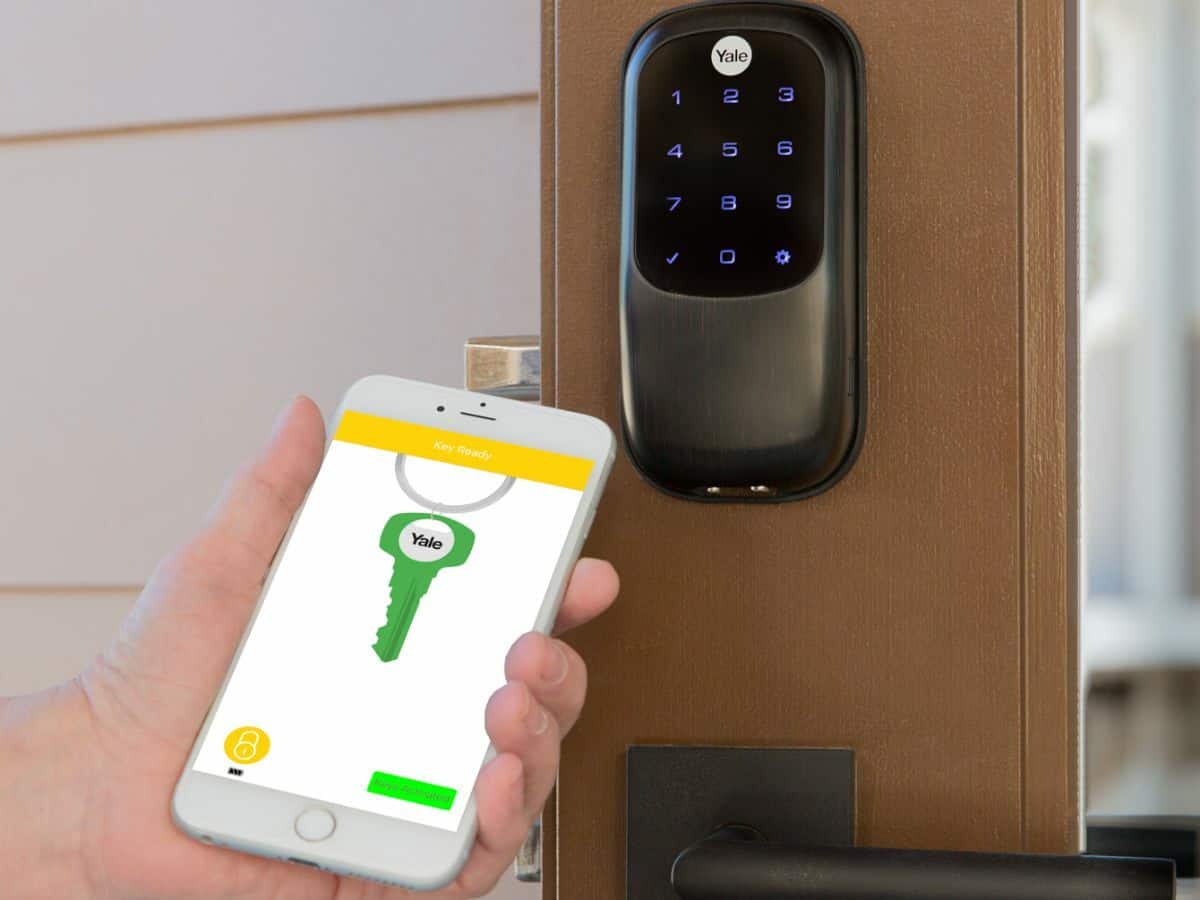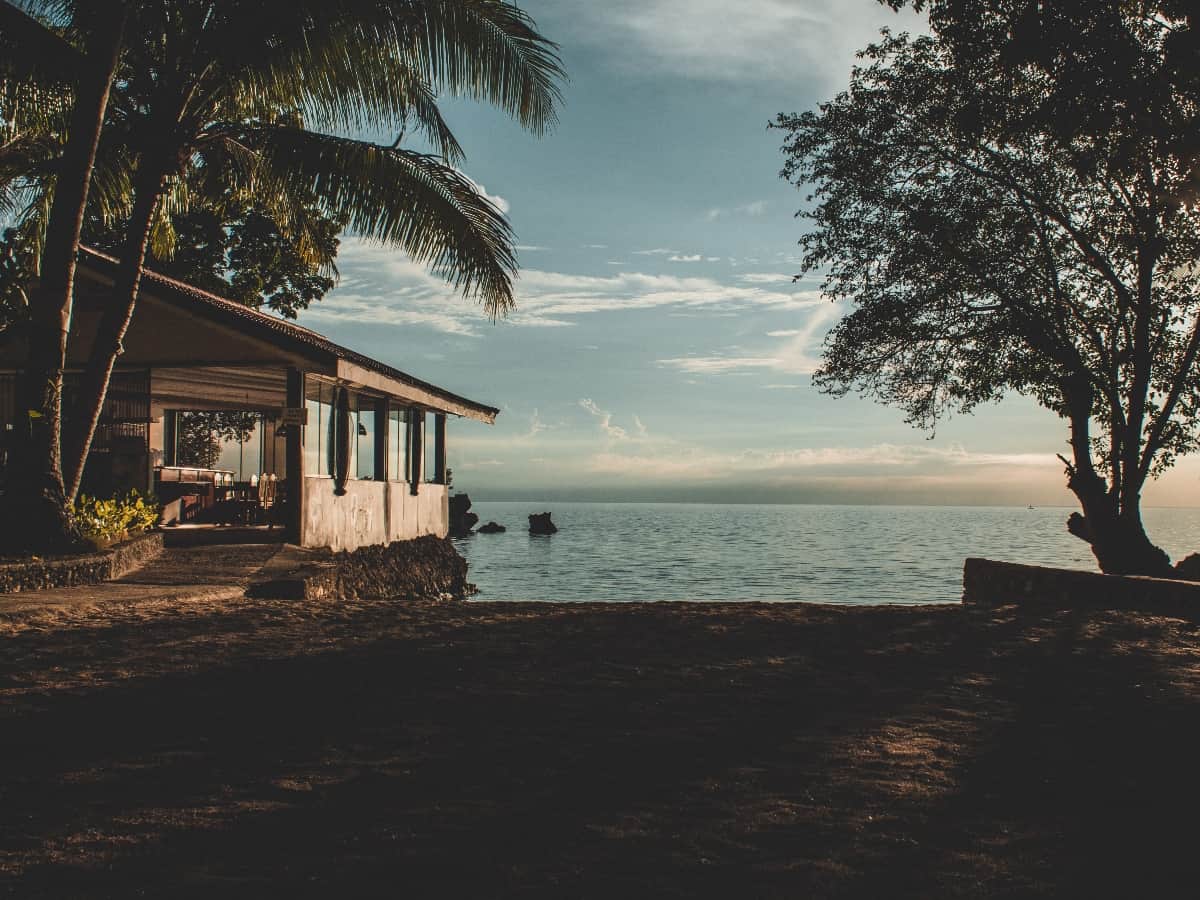Owners of rental properties have to do more than just provide a roof over their tenants’ heads. They have to ensure their tenants are provided with a safe and secure home! Whether it be for only one night or several years, it’s important for every rental homeowner. But how do you protect your home as well as your rental property when you’re not there? The best way to ensure your rental property is safe and secure is with home security devices.
Home security provides various benefits for you and your rental property. In fact, according to the Electronic Security Association, you may even save money on your property insurance by investing in a security system. Additionally, in recent years home security devices have become much more affordable, easier to use, and more readily available than ever before.

Security Cameras
Security cameras are one of the most popular ways to protect your rental home. It allows you to see who visits the property at all hours of the day and night. Depending on where you place the cameras, you can also have a bird’s eye view of your driveway and backyard.
Security cameras have come a long way in the past years. They are no longer large and bulky and requiring a full-sized television or computer screen to watch the footage.
In addition, several brands of security cameras provide two-way communication. This way, you can speak to the person visiting the property, and they can talk right back to you.
Nowadays, most security cameras have an app you can download to your smartphone. This way you can check on your rental property in real-time from anywhere that has internet. The cameras will also have an option to either upload the footage to a safe and secure online storage platform, such as the Cloud or save the footage to a memory card.
Common Security Camera Brands
- Wyze. One of the great things about Wyze cameras is their affordability, which means you can still keep protecting your home without laying down a small fortune. Since their cost isn’t as high as their counterparts, you can purchase additional cameras to place in other areas throughout the property. Wyze also doesn’t require a monthly service fee nor do you have to sign any contracts.
- Alarm.com. Alarm.com offers a wide array of different high-quality security devices to help protect your home. With their higher quality does come to a higher price. However, they do require a monthly monitoring fee.
- Vivint. Vivint offers full smart home automation to help protect your home. As of February 2022, they offered their customers a choice of either free installation or no upfront costs. This company does require a monthly monitoring fee and doesn’t offer a free self-monitoring option.
- Nest. The Nest cameras are a popular choice for those looking for a self-monitoring option. Their security cameras are generally considered higher quality than Wyze cameras. The drawback is that Nest cameras are much more expensive than Wyze and they require a monthly subscription for many of their features.
- Ring. Ring is one of the most well-known security camera companies in today’s market. They became popular several years ago with their Ring Doorbell, which is essentially a security camera inside a doorbell. Ring also offers various other types of home security devices, including an outdoor camera with a floodlight and monitored home security. While Ring cameras are more expensive than Wyze devices, they are still an affordable option for those looking to protect rental property.
When choosing which security camera to purchase, consider not only their price but what they have to offer as well. Some brands have cameras that capture higher quality video, while others offer better night vision or person detection.

Monitored Home Security
Monitored home security systems are professionally monitored by a company 24 hours a day, 7 days a week. They usually include more than just monitoring for intruders! These companies also monitor for fires, carbon monoxide, and other emergencies. This option is beneficial for rental homes. Therefore, you can rest assured knowing that a professional security company is monitoring your property.
Self-Installed or Professionally Installed Security Systems
There are monitored home security systems that you install yourself, as well as those installed professionally. Installing them yourself is usually cheaper, but this does require more work on your part. Electing to have the security company install the system for you does typically cost more. However, this means the job is done properly by technicians who do this type of work for a living. Another benefit of having it professionally installed is that you don’t have to spend your time and energy trying to hook up the system.
Monitored Home Security Systems Considerations
While monitored home security systems do provide your home with a level of protection like no other, there are some downsides. One thing that keeps homeowners from taking the leap has to do with it costing more than other systems. Monitored home security systems have a monthly monitoring fee on top of the initial cost of the system. And when you add it all up, it can be less than budget-friendly. Some professional monitored security companies will even require customers to sign a contract. This contract requires the customer to keep the service for a certain timeframe. All this information should be considered before making your decision on the best way to protect your home.
Motion Sensors and Window Alarms
Motion sensors and window alarms are nifty little devices that you can place on your windows, doors, and throughout the rental property. When someone triggers the alarms, it sends a notification to your smartphone. Motion sensors and window alarms work best in conjunction with other home security devices, such as security cameras. This will allow you to look into the home whenever the sensor and alarm are triggered. You can also set up smart automation that automatically turns on the lights in the house whenever the motion sensor is triggered.
Smart and Automatic Lights
One of the great things about smart and automatic lights is that you can set what time you want certain lights inside your home to come on. This gives the illusion that someone is there even when the property is empty, which can deter intruders.
Smart lights come in a wide array of types, from lightbulbs to light strips. These types of devices help to protect your home, as well as provide convenience for you. For example, you can create a routine with smart lights that automatically turn them off an hour after sunrise. Then, 1/2 hour before the sun sets, the lights automatically turn back on. These routines are perfect for rental properties not currently occupied as it makes the house appear lived in even if no one is currently renting the house.
Smart lights have become so popular that brands whose main business model aren’t home security, such as Philips, have begun making smart lightbulbs. Another option is to use a smart plug to turn lamps, televisions, radios, and various other electronic devices into a smart device that you can control through an app.

Smart Locks
Another useful home security device to consider is smart locks. Smart locks give you control over the door’s lock with your smartphone and/or keypad. These are great for short-term rental properties, such as Airbnb, since you don’t have to leave the key to the property with the renter. Instead, simply provide them with a code that you have assigned in the smart lock’s app. They can then use this code to unlock the door. Once the renters have ended their stay at your property, simply delete the code from the app to make it null and void.
Secure Your Rental Property
Just because you’re not physically at the rental property 24/7, doesn’t mean you have to leave its security up to chance. If you’re ready to effectively secure your rental property, contact ONIT today. At ONIT we take action by providing products and technology the way our customers want it. Call ONIT today at 800-610-2416. We will discuss with you what your home security needs are and provide you with a plan of action that we can provide to protect your home even when you’re not there.



